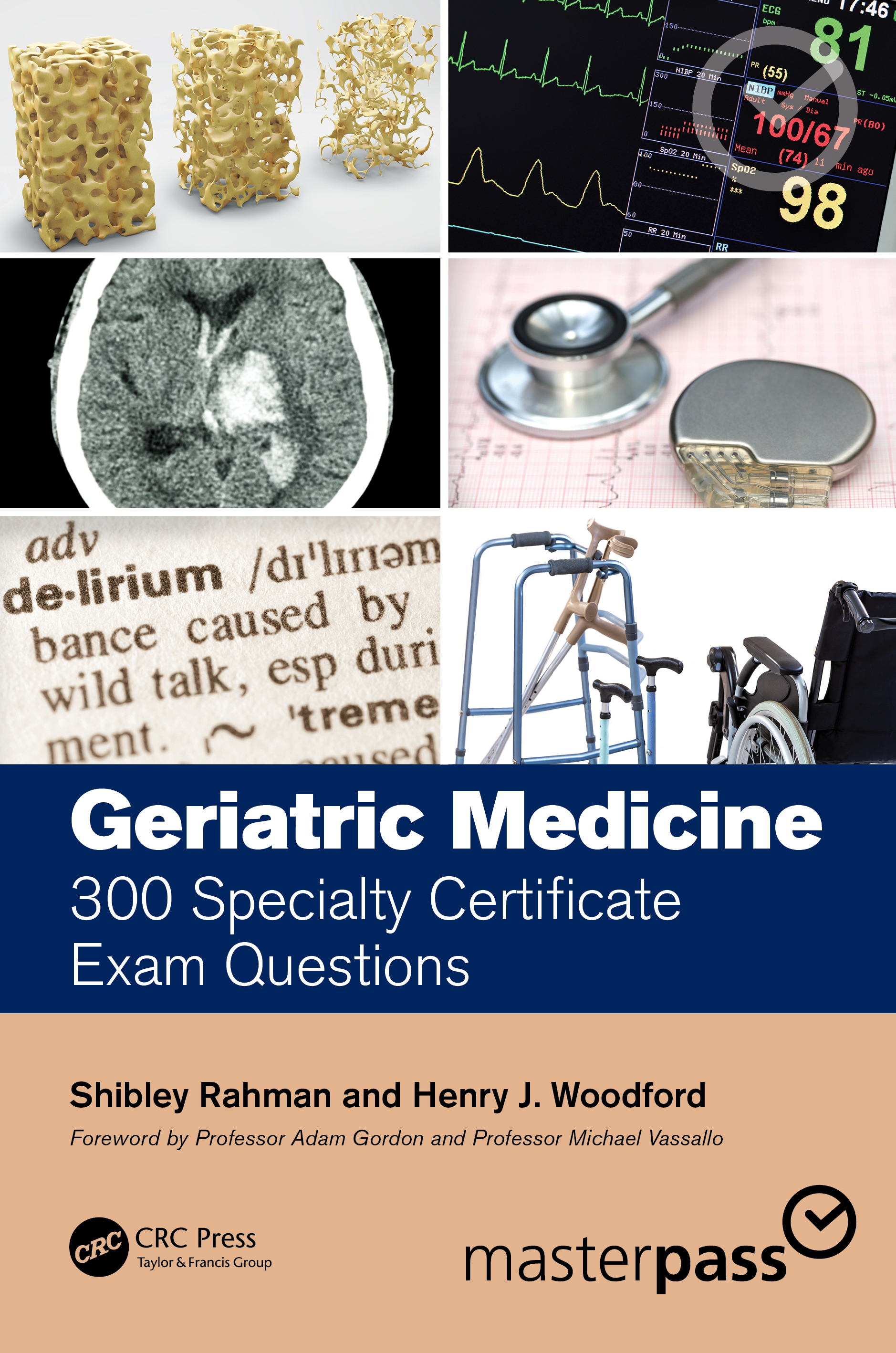Dr Shibley Rahman is an academic physician interested mainly in dementia and frailty. He tweets at @dr_shibley
Dr Duncan Forsyth’s co-authored book is one of the best specialty certificate examination (SCE) geriatrics books on the market. In fact, it is one of the only SCE geriatrics books on the market. I read his book even now imagining his voice.Dr Duncan Forsyth was the first ever consultant I worked for. I picked up the bleep from reception at Addenbrooke’s, Cambridge, one cold morning in 2001 from the foyer of the hospital at 8.50 am. I then got bleeped at 8.51 am to be informed that a venflon had tissued on Duncan’s ward. I wasn’t due to attend until the ward round at 9 am. Twenty years later, I feel I am following in the footsteps of giants as I await publication day for my own book on the SCE in geriatric medicine.
Of course, the schism between the practice of medicine and the esoteric book work can be enormous. When it came to lockdown, some people took up a hobby, like making a patio. Dr Henry Woodford and I decided to write a book of questions for the specialty certificate examination (SCE) in geriatric medicine. Every time I publish a book, I promise to myself that I will never write another one. This one is no exception. I have only vague recollections of negotiating the book contract, right up to getting shotgun demands for proofreading.
The SCE, set from the Royal Colleges of Physicians, it turns out, is nothing very mysterious. The material is what you would expect a trainee to ‘know’ from the Joint Royal Colleges of Physicians Training Board (JRCPTB) curriculum in adult and geriatric medicine. After a while, you become familiar with what the favourite exam topics are on the MRCP(UK), and the format of the SCE follows the MRCP(UK) Part 2 written paper, i.e. the single best answer (SBA) format. The SCE is set in various medical specialties, and you get to know that the mode of action of denosumab in osteoporosis or the evolution of Charles Bonnet syndrome from macular degeneration are ‘starters for ten’ in the geriatrics test, much as opsoclonus-myoclonus syndrome and Fabry’s disease are ‘starters for ten’ in the neurology test. There is overlap between some of the testable material; for example questions on the time window in thrombolysis or thrombectomy wouldn’t appear out of place in the SCE geriatrics or the SCE neurology.
Actually, neither Dr Henry or I have any involvement with the exam, which is why we can come to this book with “clean hands”. Having listened to various talks on this assessment over the years, I get the impression that nobody is trying to ‘trick’ anyone. I can say from writing hundreds of questions for this book, it is far more hassle to write a deliberately misleading stem. For those preparing to sit the exam, it’s definitely worth doing the practice questions on the BGS website (members’ area only), and getting a feel for the SBA format. There are also sample questions for other specialties, such as acute medicine, or diabetes and endocrinology, which can be quite useful to look at.
Preparing the book gave me a chance to look at what was current across the whole curriculum. The “blueprint” is helpful in establishing the approximate weightings of subject areas, but it soon becomes obvious that some topics such as frailty, deprescribing or movement disorders can straddle various parts of the blueprint. Writing the questions is much harder than it looks, and I really feel the pain of those people who ‘standard-set’ for real for the College. I hope though that you find the book from me and Dr Henry fun. Consider it as a glorified pub quiz in geriatric medicine, and you’ll get the gist of the random nature of some of the knowledge. However, reassuringly, the vast majority of it is what we hope you would want your geriatrician to know.
Available for pre-order: Geriatric Medicine, 300 Specialty Certificate Exam Questions by Shibley Rahman and Henry J. Woodford
